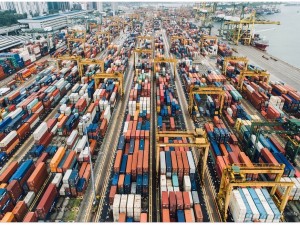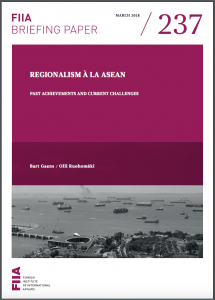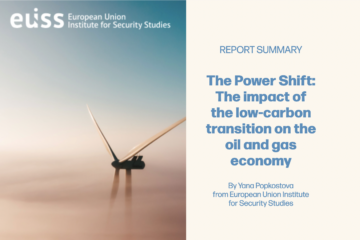Regionalism à la ASEAN: Past Achievements and Current Challenges
By Bart Gaens and Olli Ruohomäki (Finish Institute of International Affairs)
The briefing paper written by the Finish Institute of International Affairs on the Association of Southeast Asian Nations (ASEAN) is a comprehensive piece on the achievements, challenges, and future opportunities of the organization. In particular, the paper explains the relationship between the European Union (EU) and ASEAN as one that has not fully blossomed yet. In that light, the paper aims at describing ASEAN attributes as an organization and what its growth possibilities are in relationship to the EU.
ASEAN was founded on 8 August 1967 by pro-American allies and with an anti-communist agenda at the time. Considered one of the fastest growing economies in the world, ASEAN has also demonstrated increasing importance in the political arena and world power relations. However, the authors recognize that as an intergovernmental alliance, ASEAN continues to be a weak organization institutionally. That is because of the great diversity within the members and a number of internal challenges, including economic nationalism and protectionism and a lack of human rights protections. Furthermore, the authors argue that “ASEAN adheres to a decision-making process on consensus, and an emphasis on non-interference”, which does not make them a completely cohesive and powerful player.
A big portion of the briefing paper is dedicated to explaining the beginning of EU and ASEAN relations, how it has evolved, and what current opportunities exist between the two regions. The EU’s influence and involvement with ASEAN dates to the drafting of the ASEAN Charter in 2006. In addition, the EU has been the largest donor to the ASEAN secretariat, opening room for more cooperation and a potential partnership. The major area of concern by the EU is the lack of alignment with ASEAN’s commitment to abide to laws and human rights protections, which has slowed trade deals from moving forward. However, being large trading partners, it is in the interest of both regions to continue to cooperate to find a middle ground where both will win. This is especially important given the apparent declining engagement of the US with the region and withdrawal from the Trans Pacific Partnership.
The paper concludes by highlighting ASEAN’s past achievements and emphasizes the opportunity for the EU and ASEAN to become even more integrated. Primarily, trade is the most promising prospect between the regions. Then, the authors cite connectivity between the regions and EU’s increased participation in Asian security as other sources of engagement. However, work is still needed for ASEAN to demonstrate its willingness to become a stronger more reliable organization.
Read more here:




